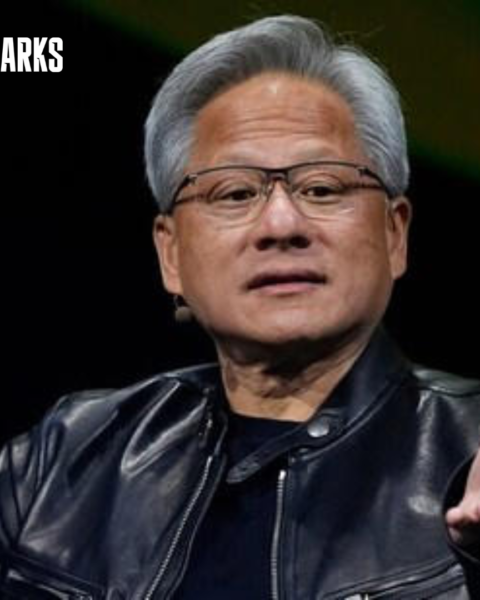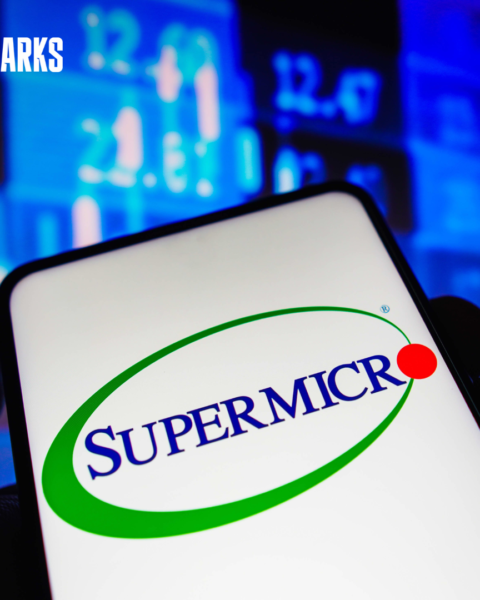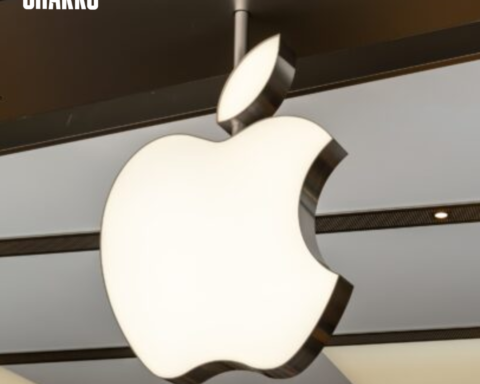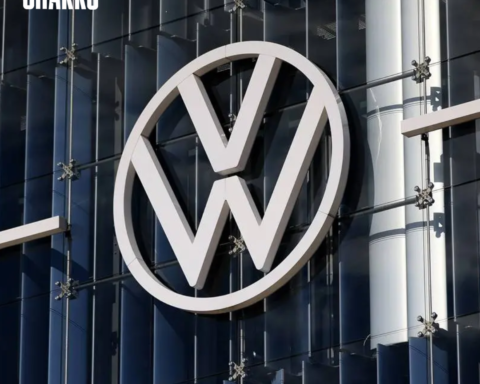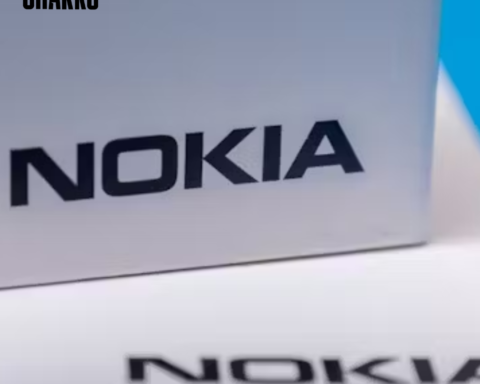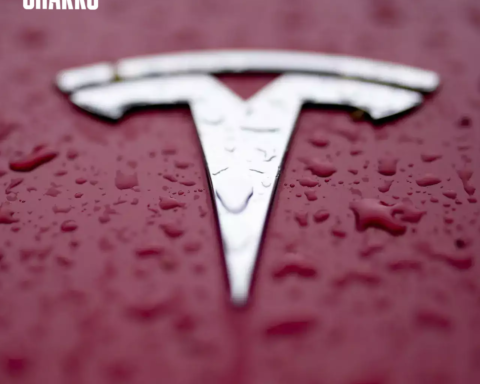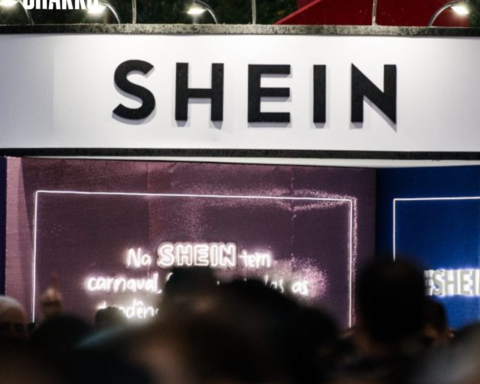Elon Musk denies plans for bargain-priced Tesla
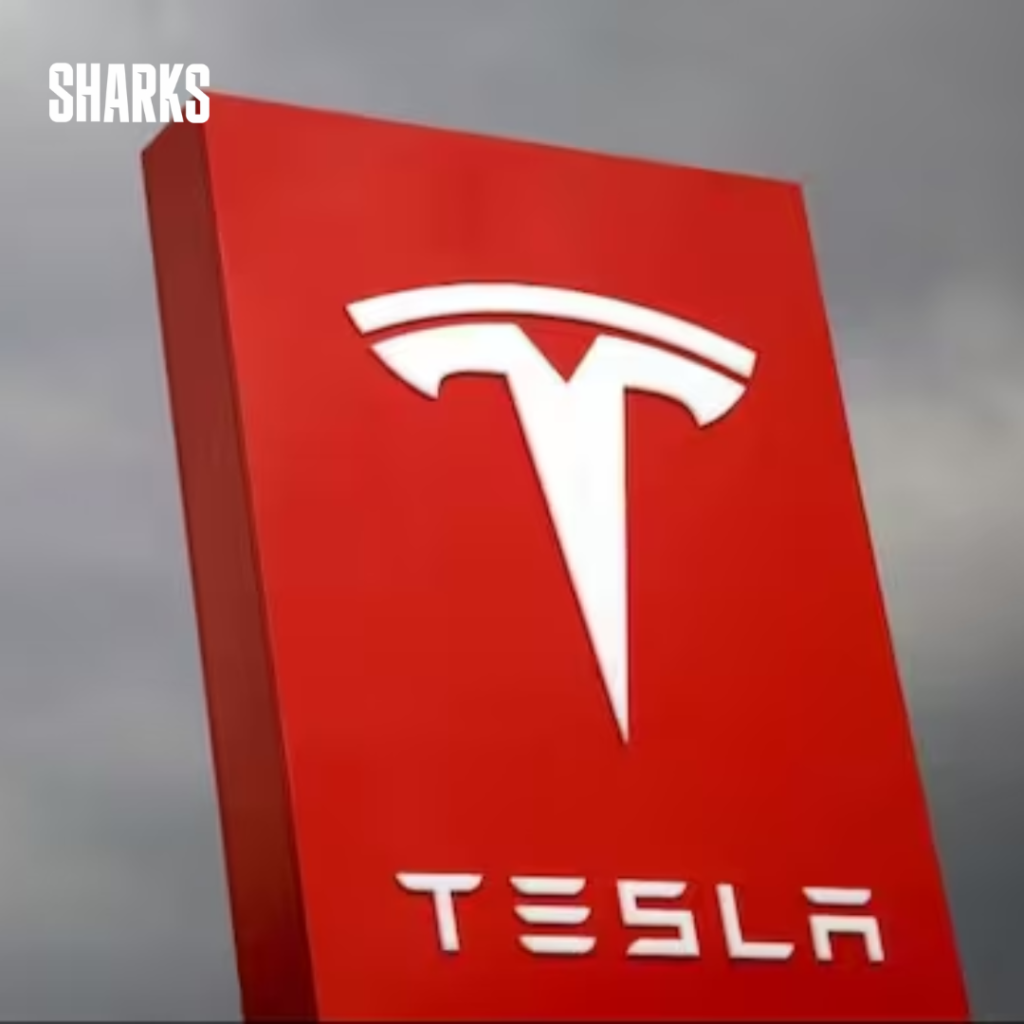
Henry Ford democratized car rights with his ultra-cheap, mass-produced Model T, and Elon Musk earlier vowed to do the same for electric vehicles with a Tesla that could sell for $25,000.
Introduction
Recent reports suggesting a shift in Tesla’s strategy toward self-driving robo-taxis rather than affordable electric vehicles (EVs) for the masses have sparked debate and raised questions about the future of EV adoption.
While Elon Musk has dismissed these claims as inaccurate, the uncertainty surrounding Tesla’s plans has implications for consumers and policymakers alike.
Disputed Reports
Reuters recently reported that Elon Musk is abandoning the idea of offering bargain-priced Teslas in favor of self-driving robo-taxis. Musk refuted these claims, labeling Reuters’ reporting as inaccurate without specifying the alleged inaccuracies.
Challenges for EV Adoption
The uncertainty surrounding Tesla’s plans, coupled with delays in EV projects at rival automakers, poses challenges for both potential EV buyers and policymakers aiming to promote environmental sustainability.
According to Peter Slowik from the International Council on Clean Transportation, greater availability of EV models across various price points is essential for a successful transition to EVs.
Price Disparities in the EV Market
Despite a decline in prices for new EVs in the United States, they still remain significantly higher than the average transaction price for all new vehicles.
Elon Musk initially aimed to produce a profitable EV priced at $25,000, but Tesla’s focus on software-driven features and charging infrastructure allowed them to command premium prices until competitive pressures compelled them to lower prices.
Also read: SINGAPORE’S PAVILION ENERGY CONSIDERS SALE OF LNG ASSETS
Tesla’s Market Position
Some industry experts, like Gary Silberg from KPMG, argue that Tesla’s brand positioning should remain in the premium segment, akin to Apple’s approach in the smartphone market. This strategy aligns with Tesla’s emphasis on innovation and superior technology.
Competition from Chinese EVs
While there are affordable EV options available, particularly from Chinese manufacturers like BYD, these vehicles often lack the range and features demanded by Western markets. Nevertheless, their competitive pricing poses a threat to traditional automakers in the U.S. and Europe.
Conclusion
The ongoing debate over Tesla’s strategic direction reflects broader discussions within the EV industry about market positioning and consumer demand.
As EV adoption continues to grow, manufacturers must navigate the balance between affordability, innovation, and market competitiveness to drive sustainable growth in the electric vehicle market.
Share This
Tony Boyce is a seasoned journalist and editor at Sharks Magazine, where his expertise in business and startups journalism shines through his compelling storytelling and in-depth analysis. With 12 years of experience navigating the intricate world of entrepreneurship and business news, Tony has become a trusted voice for readers seeking insights into the latest trends, strategies, and success stories.

